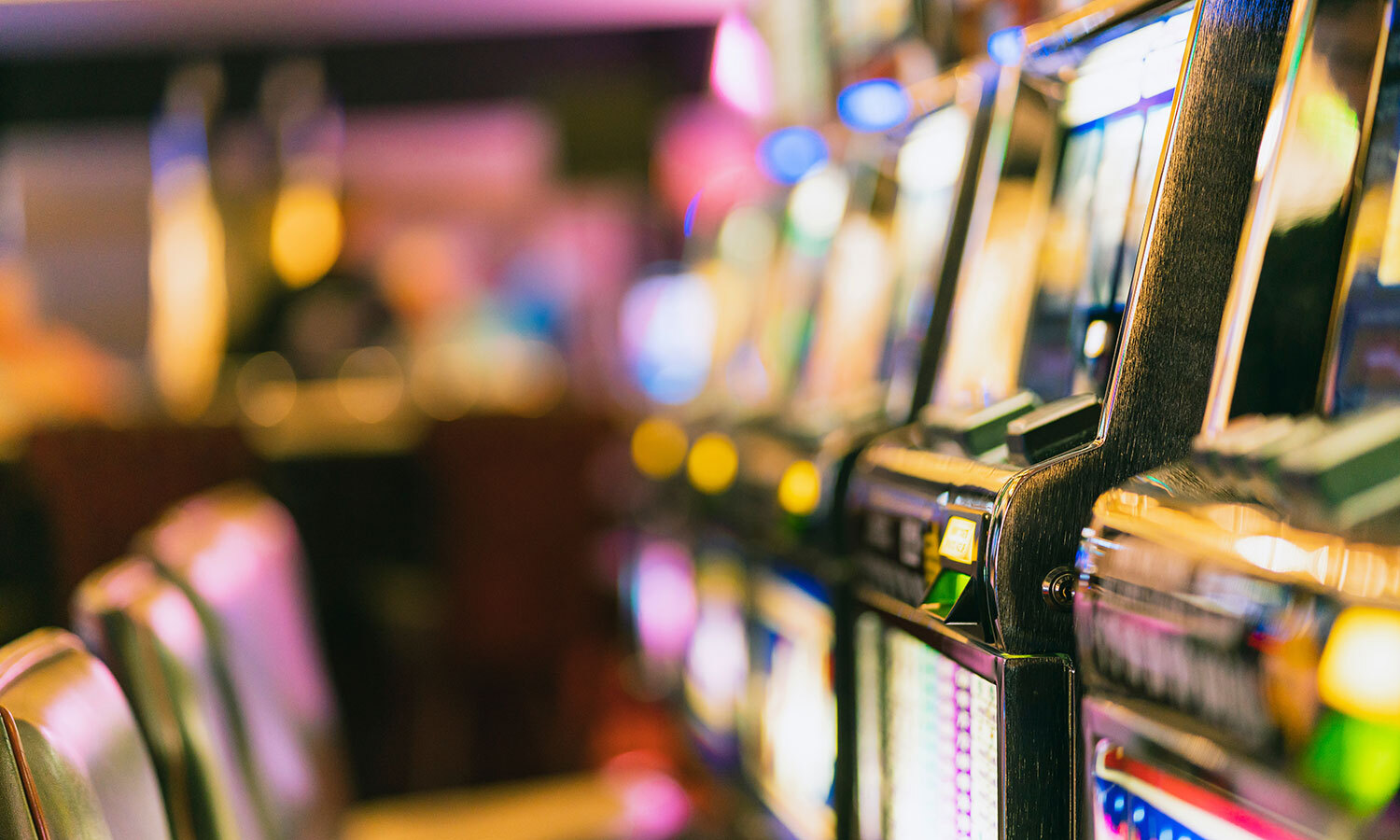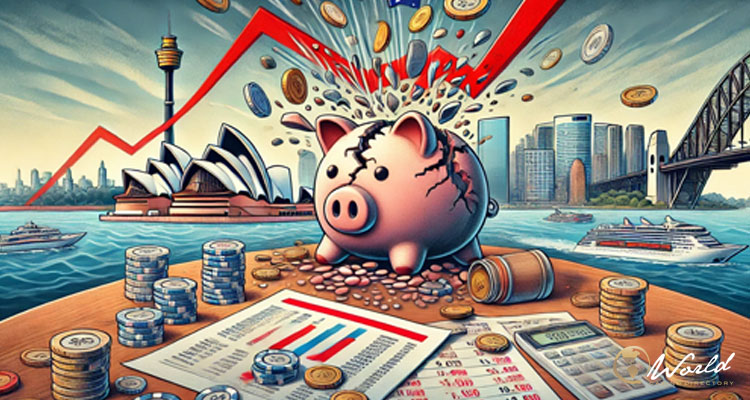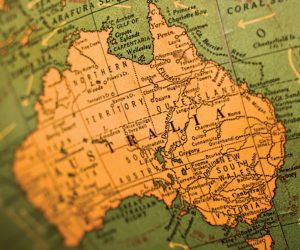It’s time Australia put guardrails on gambling – Grattan Institute

- by Admin
- September 5, 2024

Australia is a lucky country in many, many ways, but when it comes to gambling, we are world-class losers.
Australia has the highest per capita gambling losses in the world, estimated at $1635 per adult, more than twice the United States ($809) and well outpacing New Zealand ($584).
We have more electronic gaming machines (“pokies”) than almost any other country. They are mostly high intensity machines – high impact, high loss – that in the rest of the world are typically confined to casinos. Yet in this country, we have more suburban pokies than ATMs, post boxes, or public toilets. And pokies losses are concentrated in our poorest communities.
Upon this existing national failure – explained in significant part by the power of gambling interests to thwart reasonable regulation to protect the public – sits the rapid growth in online betting. The average Australian loses more than double the average US or UK resident, and growth in betting has been dominated by young men, who are targeted by a barrage of advertising
This isn’t just a bit of fun, not for those who can’t stop. Both pokies and online betting have high potential for addiction and harm to people’s financial security and health. Job loss, fraud, broken relationships, family violence, and suicide are consequences that ripple through our communities. Over just the eight years to 2023, rates of regular betting rose by more than 50 per cent among men aged 18-34. What future are we setting ourselves up for?
Simply telling people to “gamble responsibly” does not work because it expects individuals to simply avoid the lure of ubiquitous, addictive products. And the (limited) value of campaigns to raise awareness about the harms of gambling is drowned out by the torrent of gambling advertising and prevalence of pokies.
Australians expect products sold to us to pass minimum safety standards. Practical, proportionate reforms would enable people to choose to gamble without leaving them exposed and preyed upon as they are now.
First, we need to bring down Australians’ off-the-charts exposure to gambling products. Federal parliament should follow through on the multiparty consensus from the Murphy inquiry, and institute a comprehensive ban on gambling advertising, phased in over three years. Partial bans leave gaps, and those gaps are exploited. When the government introduced a partial ban on gambling ads around sport in 2018, gambling advertising on TV actually increased.
As for pokies, limiting the sheer number of venues at which they are available should be an active goal for state governments. In Western Australia, pokies are limited to a single casino, but residents still enjoy clubs, sport, and social connection – demonstrating that clubs don’t need pokies revenue to thrive.
Second, for those who choose to gamble, it shouldn’t lead to financial and personal ruin. Online gambling providers already need to check your identity against a self-exclusion register (BetStop) before accepting a bet. We can and should add a mandatory limit on how much a person can lose per day, per month, and per year. People should be able to lower this limit to something that better suits them, and high rollers should be able to seek to increase it by applying for a higher limit.
‘Seatbelt’ for gambling
This type of pre-commitment system, which exists in several countries, functions as a “seatbelt” for gambling – most people will hardly feel it, but it’s a crucial safeguard against catastrophic harm.
The federal government should establish a national mandatory pre-commitment system across all online gambling – including online betting, phone gambling services, online lotteries, and online Keno – with maximum loss limits. State governments should do the same for pokies, following the example being set by Tasmania, which is introducing mandatory pre-commitment for pokies by late 2025. The Tasmanian system will set limits of $100 per day, $500 per month, and $5000 per year. Most people’s spending will be unaffected.
The gambling industry has a history of ruthlessly fighting efforts to reduce gambling harm. It’s no wonder: their profits rely on high-risk, heavy spenders. Debit card data show that 5 per cent of gamblers account for 77 per cent of gambling spending, while survey data indicates that about 5 per cent of those who use pokies account for about half of total spending.
State governments also get their share through taxes on pokies’ profits, though they provide significant tax concessions to clubs. The state with the best record on keeping pokies, and gambling harm, out of the community – Western Australia – has little need for such a dubious revenue source.
Given this, politicians need a fair dose of courage to enter this space. But opinion polling shows there is a public appetite, and pressure is increasing on governments to act now. Co-ordinated action across all jurisdictions on the most harmful forms of gambling will make it harder for the industry to go after specific politicians, parties, or governments. And ultimately, gambling harm costs our society far more than the tax take pays back.
It appears that the window for sensible reform is finally open. The federal and state governments should seize it.
The Latest News
-
December 23, 2024Australian tennis star Max Purcell suspended for doping violation
-
December 23, 2024Aussies complete series clean sweep against New Zealand
-
December 23, 2024Annabel Sutherland’s sizzling summer continues as Australia ease to win over New Zealand
-
December 23, 2024BREAKING: Aussie grand slam champ accepts anti-doping ban
-
December 23, 2024Kyrgios return ‘super exciting’ for Australian tennis says Alex de Minaur





